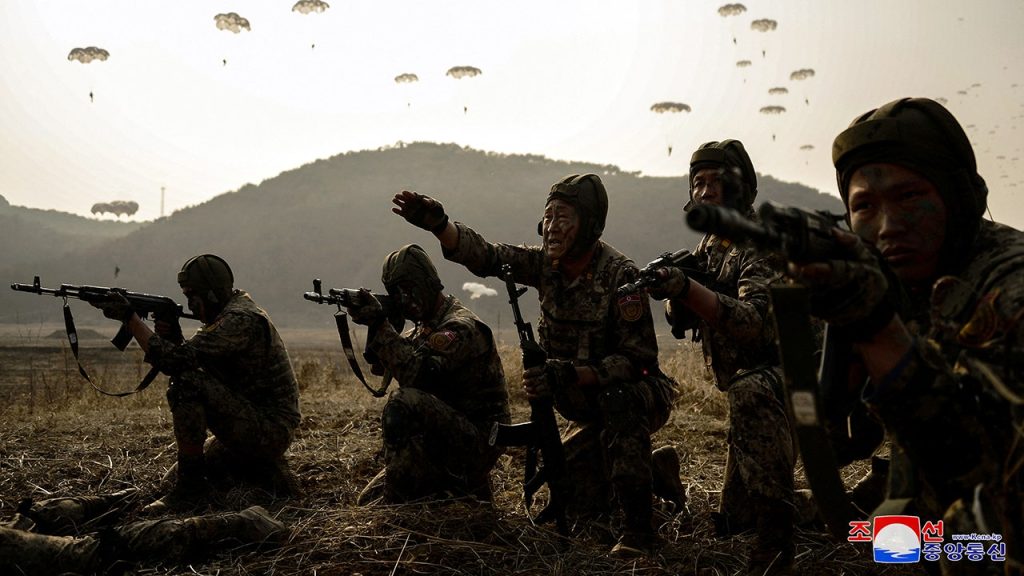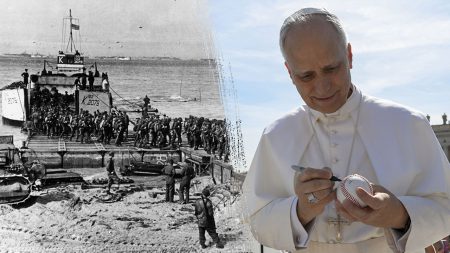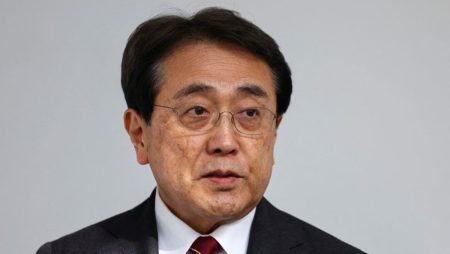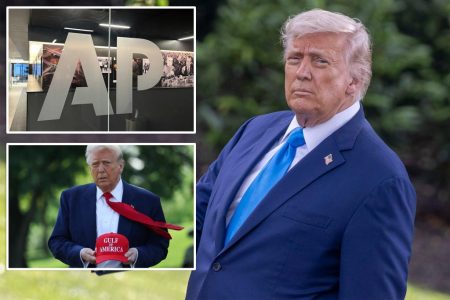The ongoing conflict between Russia and Ukraine has taken a grim turn with the emergence of reports detailing the extreme measures North Korean soldiers, fighting alongside Russian forces, are resorting to in order to avoid capture. These soldiers, deployed to the Kursk region, a key battleground in the war, have reportedly begun committing suicide rather than face imprisonment by Ukrainian forces. This drastic tactic underscores the desperation and fear gripping these foreign fighters, caught in a conflict far from their homeland. The revelation adds another layer of complexity to the already intricate dynamics of the war, raising questions about the treatment of prisoners of war, the psychological toll of combat, and the lengths to which soldiers will go to escape capture.
The news of these self-inflicted deaths follows closely on the heels of Ukrainian President Volodymyr Zelenskyy’s announcement that two North Korean soldiers had been captured by Ukrainian forces. This marked the first confirmed instance of North Korean POWs in the conflict. Zelenskyy’s statement, delivered in a national address, highlighted the difficulty of the capture and alleged that Russian forces often “finish off” wounded North Korean soldiers to prevent them from falling into Ukrainian hands. This claim, if substantiated, raises serious concerns about war crimes and the disregard for human life on the battlefield. It further complicates the already strained relations between Russia and North Korea with the international community, particularly given the existing sanctions and condemnation surrounding North Korea’s involvement in the conflict.
The presence of North Korean troops in Ukraine has been a subject of contention and speculation for months. Ukraine has consistently asserted that Russia has issued military IDs to North Korean forces in an attempt to obscure their involvement, while Western nations, including the United States, have corroborated reports of North Korean deployments to Russia. Estimates suggest that as many as 12,000 North Korean soldiers have been deployed, with a significant portion stationed in the Kursk region to bolster Russian defenses against Ukrainian advances. The deployment of these troops raises questions about the motivations behind North Korea’s involvement, with some analysts suggesting it’s driven by a desire for financial gain or military aid from Russia.
The toll of the war on these North Korean soldiers is becoming increasingly apparent. President Zelenskyy and South Korean intelligence have reported substantial casualties among the North Korean contingent in Kursk, estimated to be around 3,000 since their deployment in mid-November. This high casualty rate, coupled with the reported suicides, paints a bleak picture of the conditions these soldiers face on the front lines. It also raises concerns about the level of training and preparedness of these troops, with reports suggesting they are ill-equipped to handle the intensity of the conflict.
In a move aimed at highlighting the plight of these soldiers, President Zelenskyy shared a video of the two captured North Korean POWs receiving medical treatment and being interrogated. One of the soldiers claimed ignorance of their mission in Ukraine, stating they believed they were being sent for training exercises. This testimony underscores the potential for misinformation and deception within the ranks of the North Korean military and raises questions about the soldiers’ understanding of their role in the conflict. The soldier’s account details his experience in active combat, witnessing the deaths of fellow North Korean soldiers before seeking refuge in a dugout for two days before his eventual capture.
The presence of North Korean troops in Ukraine adds another layer of complexity to an already multifaceted conflict. Their involvement raises concerns about the internationalization of the war, the potential for escalation, and the ethical implications of deploying soldiers who may not fully understand the nature of their mission. President Zelenskyy’s offer to return the captured soldiers to Kim Jong Un in exchange for Ukrainian prisoners of war held in Russia further highlights the human cost of the conflict and the ongoing efforts to secure the release of captured personnel. The situation remains volatile, with the fate of these North Korean soldiers and the broader implications of their presence in Ukraine continuing to unfold.










